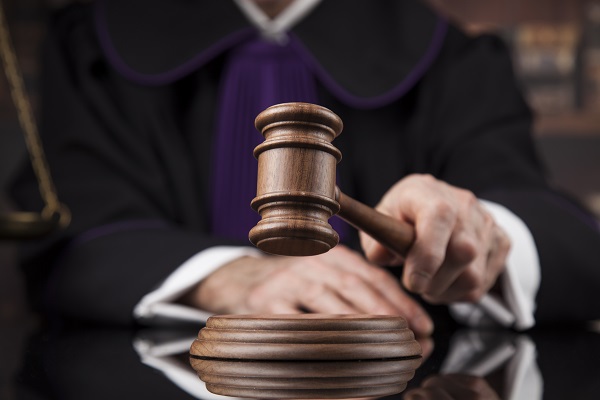Appearances Matter in the Courtroom

Appearances matter in the courtroom, whether you are a party to the case, a witness, or a jury member. Criminal defendants who are attending court should take care to present a good appearance for the judge and jury to see.
In a DUI or other criminal case, the defendant who is charged with a crime is on trial from the moment he first steps into a courtroom. Even though the real trial may not happen until later, his appearance at the arraignment and any pretrial hearings matters. They may not admit it, but the demeanor of a defendant or witness may affect how judges and the other attorneys respond to that defendant’s requests. For example, a surly, uncooperative defendant who asks for leniency in the amount of bail could face longer odds at success because the court and the prosecutor are inclined not to like him.
When the jury is in the courtroom at trial, appearances matter even more. Juries can be influenced by the smallest characteristics of a defendant, lawyer, or witness. A sloppily dressed, cursing, slouching defendant raises few people’s sympathies, while a neatly dressed, polite, and respectful defendant could win people over. Further, listening to questions asked of you and responding briefly but clearly can indicate to the jury that you care about your case’s outcome, which can make them care more about you.
Credibility is extremely important for criminal defendants who testify on the witness stand. Juries are instructed that they may give less weight to the testimony of witnesses who seem less credible, or to parts of that testimony. In other words, if they do not believe you then they can ignore your testimony. The same is true for non-party witnesses. If you are testifying in a case, prepare to be honest, forthright, and believeable on the stand. Avoid exaggerations and misstatements, even if they make you look bad.
Lawyers place a lot of faith in the jury selection process, during which they ask potential jury members questions about themselves and their experiences and beliefs to hopefully weed out people who will be more likely to find their client guilty. Because all lawyers see and hear of jurors is their appearance, speech, and answers to a few questions, appearance is extremely important in choosing a jury. Lawyers look at age, gender, race, education, and other factors in eliminating or keeping certain jury members.
Some might call the importance of appearance in the courtroom stereotyping. In fact, science has shown that appearances bring out people’s hidden prejudices and stereotypes, which affect decision making whether they know it or not. Thoughtful defendants and lawyers consider appearance when going to court.
To learn more about jury trials for people charged with DUIs, seek out the local DUI attorney who cares about seeking the best outcomes for his clients. Clint Patterson, Esq., of Patterson Law Firm, a former Tulsa prosecutor, is familiar with the pros and cons of jury versus bench trials. Schedule a case evaluation by visiting Patterson Law Firm online or calling Clint’s office at (918) 550-9175.

